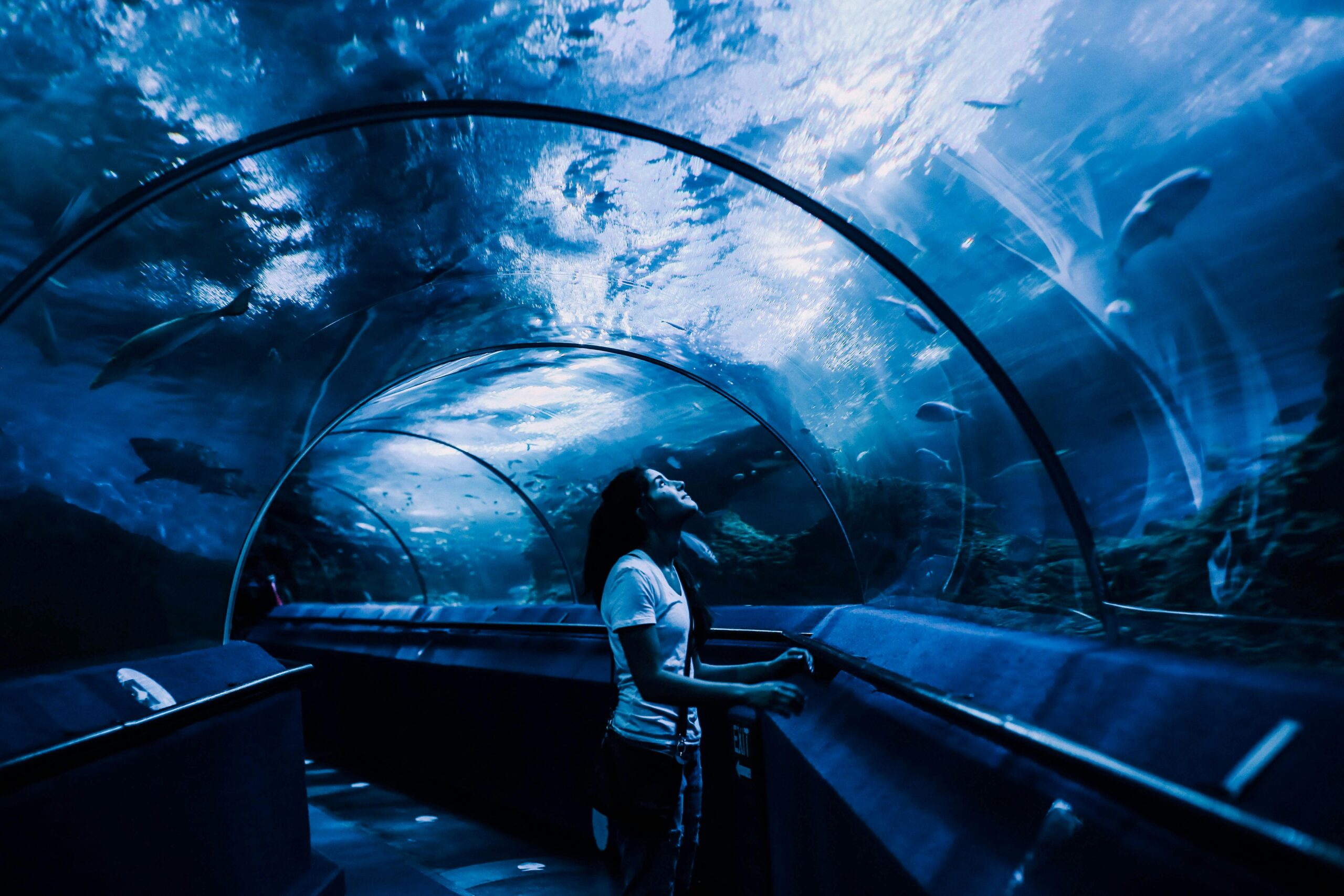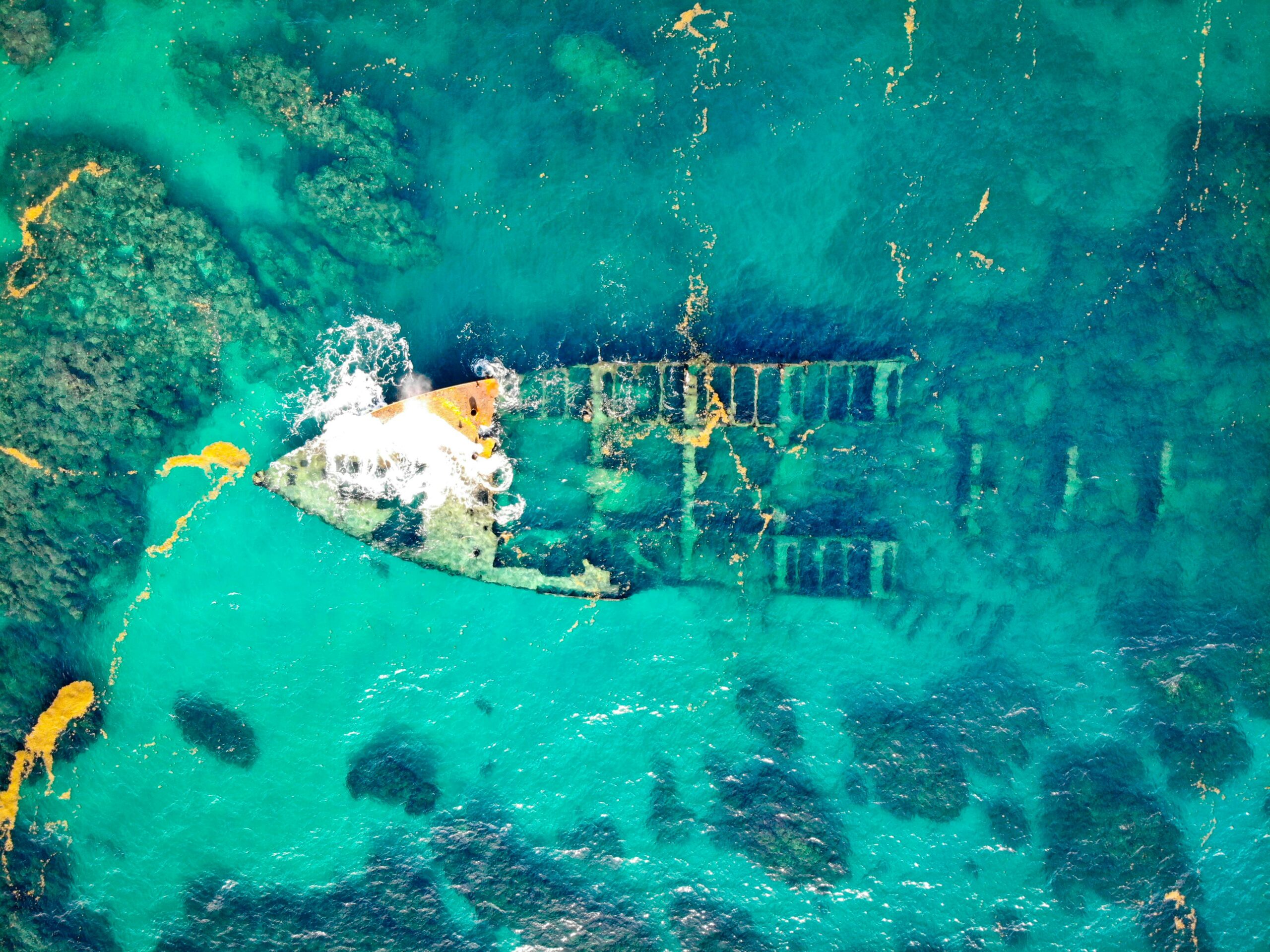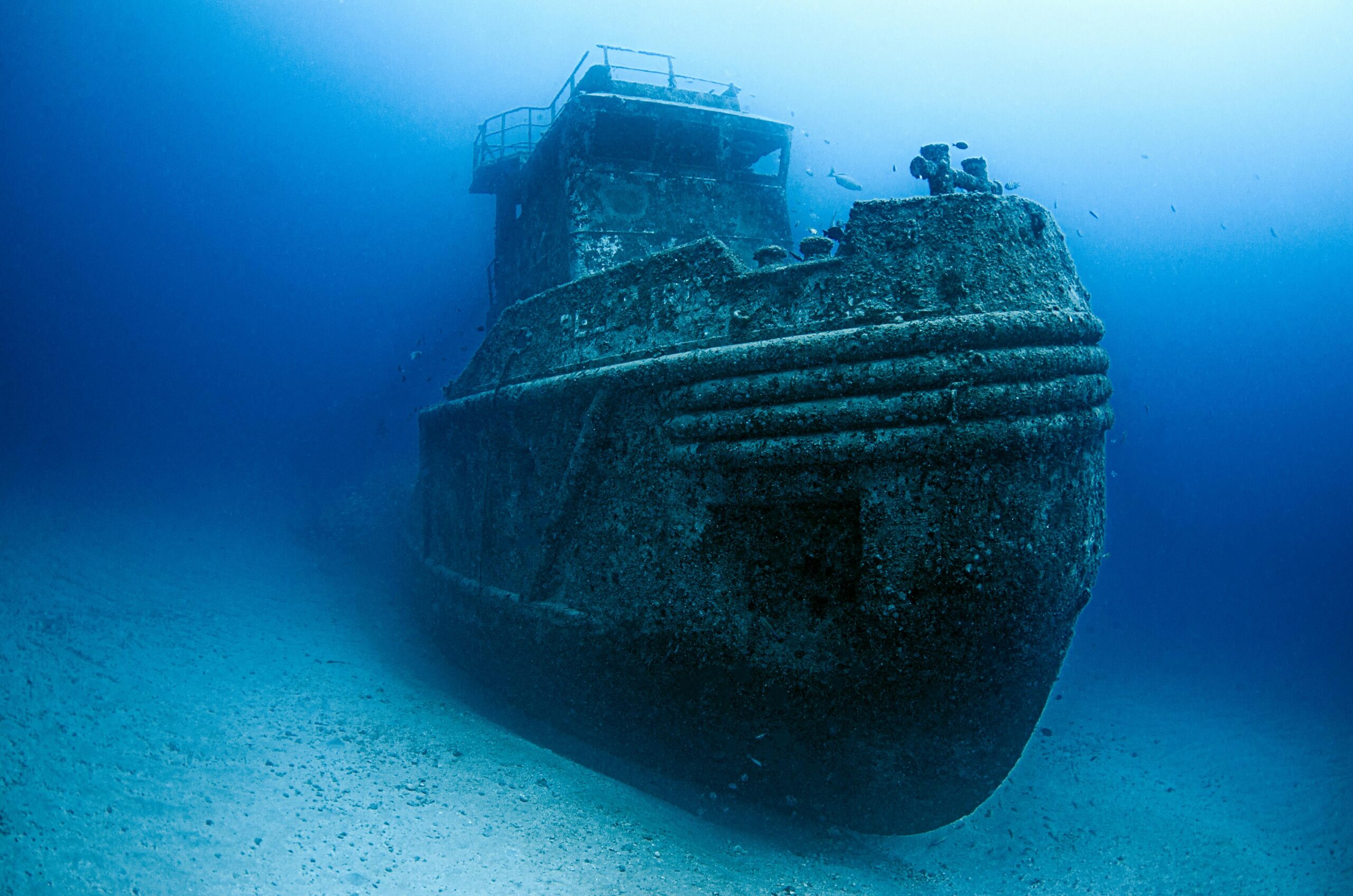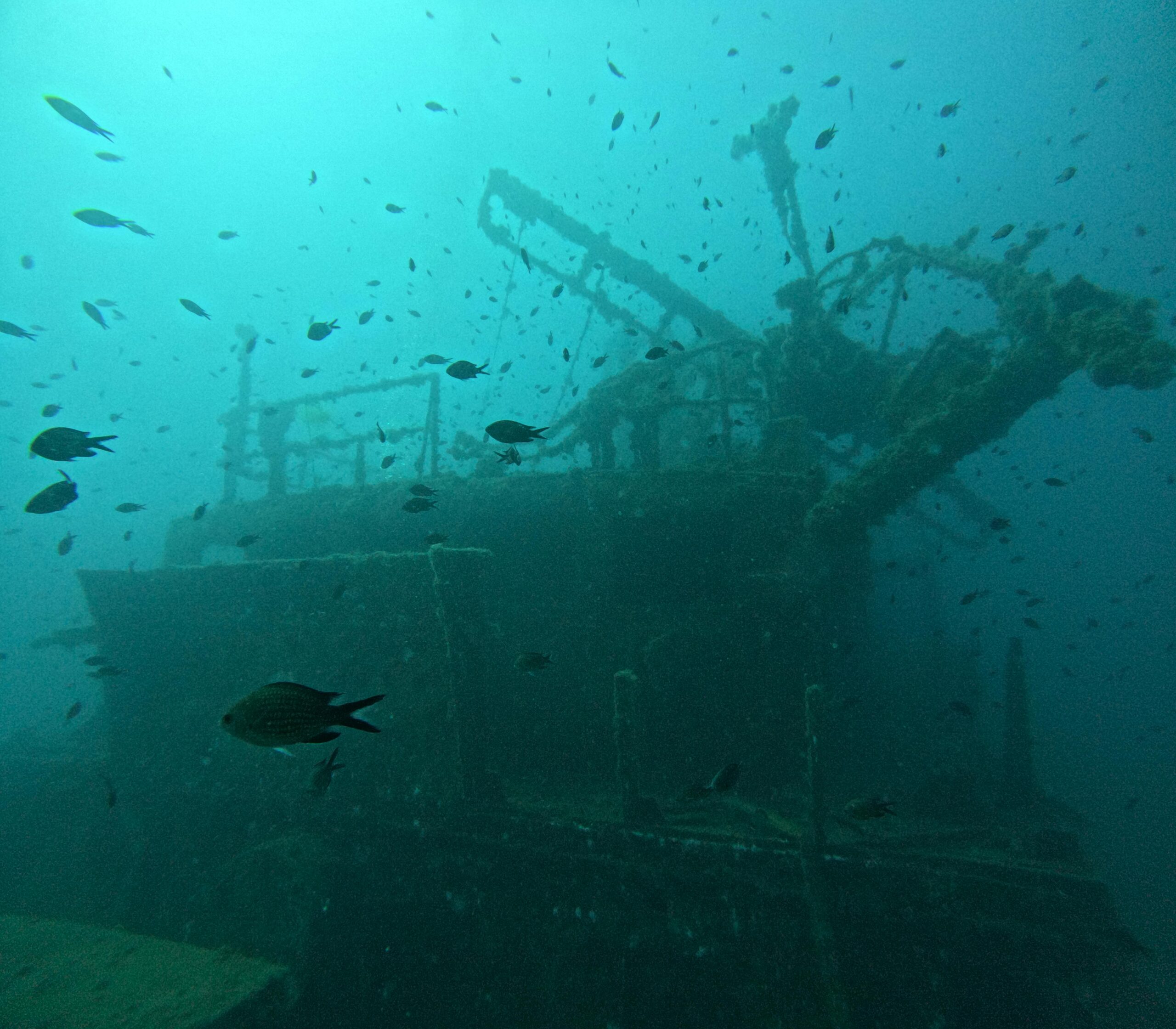In the realm of human curiosity, few legends have ignited as much fascination and debate as the tale of Atlantis. This fabled city, first chronicled by the ancient Greek philosopher Plato, is said to have been an advanced civilization that mysteriously vanished beneath the waves over 11,000 years ago. 🌊 The story of Atlantis has endured through centuries, inspiring explorers, scholars, and dreamers alike to search for evidence of its existence. But what if the myth of Atlantis is more than just a captivating story? What if hidden within its layers of mystery lies a reality waiting to be uncovered? In this article, we embark on a journey to unveil the mysteries of Atlantis, seeking to separate fact from fiction and explore the tantalizing possibility that this legendary lost city may have roots in historical events.
As we delve into the enigma of Atlantis, we’ll explore the origins of the legend as recounted by Plato in his dialogues “Timaeus” and “Critias.” These texts provide the foundational narrative that has fueled imaginations for millennia. We’ll examine how Plato described Atlantis as a powerful and technologically advanced civilization, and consider whether his account was a parable, a historical record, or perhaps a blend of both. Alongside this, we’ll investigate the various locations proposed as the possible resting place of Atlantis, from the Mediterranean to the Caribbean, and the diverse theories that have emerged in support of these claims. With each possibility, we’ll assess the archaeological and geological evidence, weighing the plausibility of each hypothesis.
Furthermore, we’ll delve into the cultural impact of Atlantis, tracing its influence through literature, art, and popular culture. The allure of Atlantis has transcended time, inspiring works from Sir Francis Bacon’s “New Atlantis” to modern interpretations in film and literature. We’ll explore why this legend continues to captivate the human imagination, serving as a symbol of lost utopias and the enduring quest for knowledge. By the end of this exploration, our aim is to not only satisfy your curiosity about Atlantis but also to provide a deeper understanding of why this myth endures as a source of endless fascination. Join us as we set sail on this intellectual voyage, navigating the waters of history, myth, and discovery to uncover the truths hidden within the legend of Atlantis. ⚓
The Allure of Atlantis: A Timeless Enigma
For centuries, the tale of Atlantis has captured the imagination of historians, archaeologists, and the general public alike. The legendary city, first mentioned by the ancient Greek philosopher Plato in his dialogues “Timaeus” and “Critias,” has become synonymous with advanced technology, utopian society, and catastrophic demise. But what fuels this enduring fascination with a city that may have never existed? Could Atlantis be more than just a myth, or is it simply a reflection of human imagination? This article seeks to unravel these mysteries by examining historical accounts, scientific evidence, and modern interpretations.
Plato’s accounts describe Atlantis as a powerful and technologically advanced civilization located beyond the “Pillars of Hercules,” known today as the Strait of Gibraltar. According to Plato, Atlantis was larger than Libya and Asia combined and possessed a formidable navy. The civilization was said to have collapsed due to moral corruption and divine retribution, sinking into the ocean in a single day and night of misfortune. While some historians view these writings as mere allegory, others argue that they are based on real events or locations. But what does the evidence suggest?
The allure of Atlantis lies not just in its supposed technological prowess but also in its representation of a utopian society that fell from grace. This narrative resonates with many because it reflects human nature’s dual capacity for greatness and self-destruction. As we explore the historical and scientific aspects of Atlantis, we invite you to delve into the depths of this legend. Could Atlantis have been an actual place, or is it a cautionary tale crafted to warn against the hubris of civilization? Let’s journey through the pages of history and science to find out.
The Historical Context: Unpacking Plato’s Accounts
Plato’s description of Atlantis is rich in detail, offering insights into its societal structure, governance, and architecture. However, historians have long debated the accuracy of these accounts. Some suggest that Plato’s writings were purely allegorical, intended to convey philosophical ideas rather than historical facts. Others propose that his descriptions were based on real civilizations known to the ancient Greeks, such as the Minoans or the Egyptians.
While there are similarities between Atlantis and other ancient civilizations, no definitive evidence has been found to confirm its existence. Archaeologists have conducted extensive searches in the Mediterranean and Atlantic regions, yet the fabled city remains elusive. Nonetheless, the lack of evidence has not deterred enthusiasts from speculating about its possible location and significance. Could Atlantis have been a historical reality, or is it simply a manifestation of ancient storytelling? The debate continues, fueled by new discoveries and interpretations.
As we delve deeper into the historical context of Atlantis, it becomes apparent that the legend transcends mere historical inquiry. It has become a symbol of lost knowledge, a reminder of the impermanence of civilizations, and a testament to human curiosity. By examining the historical and cultural factors that contributed to the creation of the Atlantis myth, we can better understand its lasting impact on society. Are you curious to learn more? Explore the intricacies of Plato’s accounts and their implications for our understanding of ancient history.
Scientific Investigations: The Search for Atlantis
The quest to find Atlantis has spurred numerous scientific expeditions and studies, each seeking to uncover tangible evidence of the legendary city. From geological surveys to underwater archaeology, researchers have employed various methods to explore potential sites that match Plato’s descriptions. Despite these efforts, conclusive evidence remains elusive, leading some to question whether Atlantis is a historical fact or a fictional creation.
One of the most intriguing aspects of the search for Atlantis is the diversity of proposed locations. Theories range from the Mediterranean and Atlantic to more exotic sites like Antarctica and the Caribbean. Each hypothesis presents compelling arguments, drawing on geological and archaeological data to support its claims. However, none have been definitively proven, leaving the mystery of Atlantis unsolved.
As scientific techniques advance, new opportunities arise to explore potential sites for Atlantis. Technologies like satellite imaging and deep-sea exploration provide unprecedented access to previously unexplored regions. Could these innovations finally unlock the secrets of Atlantis? While the answer remains uncertain, the ongoing search continues to captivate both scientists and the public. Ready to dive deeper? Check out the video below for a visual exploration of some of the most intriguing theories.
Atlantis: Fact or Fiction? – National Geographic Channel
Comparative Analysis: Theories and Evidence
| Theory | Description | Evidence |
|---|---|---|
| Allegorical Interpretation | Atlantis as a philosophical allegory used by Plato to illustrate the fall of a great civilization due to moral decay. | No physical evidence required; focuses on philosophical and literary analysis. |
| Historical Basis | Atlantis as a real historical place, possibly the Minoan civilization or another ancient society. | Limited archaeological evidence; relies on parallels with known ancient civilizations. |
| Geological Theory | Atlantis as a lost landmass due to natural disasters like earthquakes or tsunamis. | Geological formations and seismic activity in potential regions. |
Each theory presents a unique lens through which to view the Atlantis myth, offering insights into human imagination and historical interpretation. While definitive evidence remains elusive, the diversity of ideas highlights the enduring appeal of this legendary city. Interested in exploring these theories further? Analyze the comparative table above and consider the implications of each perspective.
Cultural Impact: Atlantis in Modern Media
The legend of Atlantis has permeated modern culture, inspiring countless books, films, and television series. Its enduring appeal lies in its blend of mystery, adventure, and the potential for untold knowledge. From Jules Verne’s “Twenty Thousand Leagues Under the Sea” to Disney’s “Atlantis: The Lost Empire,” the myth continues to captivate audiences of all ages.
Atlantis serves as a metaphor for lost knowledge and the pursuit of discovery. Its depiction in media often highlights themes of exploration, the tension between science and myth, and the quest for understanding our past. These narratives resonate with audiences because they reflect the human desire for discovery and the unknown. As we navigate the complex landscape of modern storytelling, Atlantis remains a powerful symbol of both hope and caution.
The impact of Atlantis extends beyond entertainment, influencing fields like archaeology, history, and even pseudoscience. Its narrative has become a fertile ground for speculation and investigation, challenging researchers to consider the limits of historical inquiry. As we continue to explore the legend of Atlantis, we invite you to consider its cultural significance and the ways it shapes our understanding of history. Are you intrigued by the modern interpretations of this ancient myth? Explore the cultural impact of Atlantis and discover how it continues to inspire creativity and curiosity.
- Plato’s dialogues as the primary source of the Atlantis legend.
- Scientific investigations and technological advancements in the search for Atlantis.
- The cultural significance and modern interpretations of the Atlantis myth.
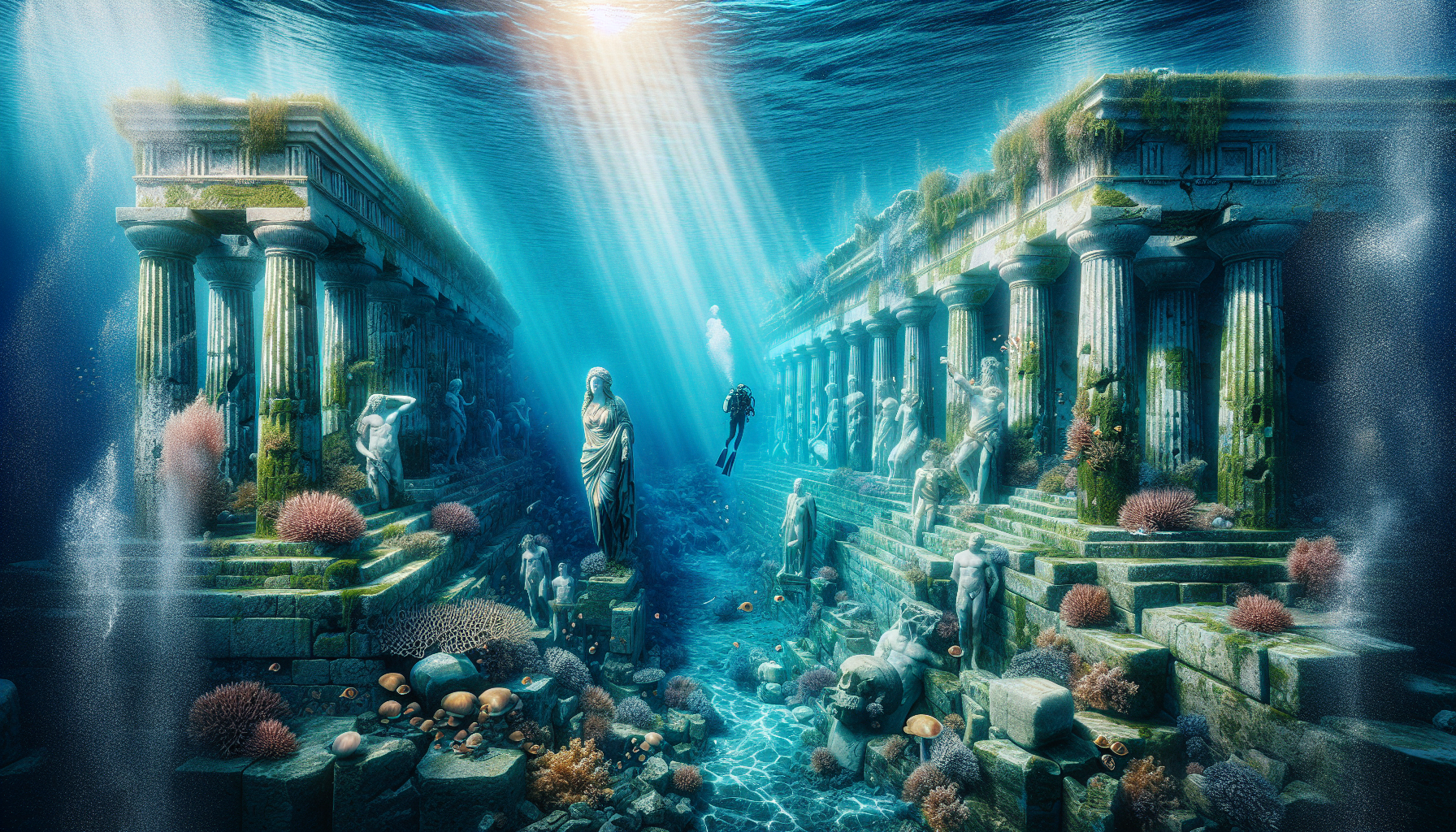
Conclusion
Unveiling the mysteries of Atlantis has always intrigued historians, archaeologists, and enthusiasts of ancient lore. This article has traversed the depths of myth, historical accounts, and scientific exploration, aiming to separate fact from fiction in the legendary narrative of the lost city. From its first mention by Plato in his dialogues “Timaeus” and “Critias,” to the countless theories and expeditions that have sought to unearth its secrets, Atlantis has remained a tantalizing enigma. As we conclude this exploration, let’s recapitulate the key points, emphasize the significance of this topic, and inspire further inquiry and discussion.
Our journey began with Plato, whose accounts are the earliest and most influential references to Atlantis. His description of a powerful and advanced civilization that vanished beneath the ocean in a single day and night has sparked numerous interpretations and debates. Some view Atlantis as a cautionary tale about hubris and divine retribution, while others speculate it may be rooted in actual historical events or locations, such as the Minoan eruption on Santorini or the ancient city of Helike. These theories, while diverse, highlight the complex interplay between myth and reality that has fueled the Atlantis narrative for centuries.
We then delved into the various scientific and pseudo-scientific expeditions that have been launched in search of Atlantis. Technologies such as sonar mapping, underwater archaeology, and geological studies have contributed to our understanding of potential Atlantis-like sites. For instance, the Bimini Road in the Bahamas, the submerged structures off the coast of Japan’s Yonaguni Island, and the ruins discovered near Spain’s Doñana National Park have all been proposed as possible locations. While none of these claims have definitively proven the existence of Atlantis, they underscore the enduring allure of the search and the human desire to uncover hidden truths.
The influence of Atlantis extends beyond the realms of history and science, permeating literature, popular culture, and the collective imagination. The lost city has inspired countless books, movies, and artistic endeavors, each adding layers to its mystique. This cultural impact demonstrates the power of myth to captivate and inspire, driving us to explore not just the physical world, but also the stories and ideas that define our humanity.
The exploration of Atlantis also invites us to consider broader themes, such as the rise and fall of civilizations, the resilience of human ingenuity, and the lessons we can learn from the past. As we face contemporary challenges like climate change, technological advancement, and global interconnectedness, the story of Atlantis serves as a poignant reminder of the fragility of human achievements and the importance of stewardship and foresight.
In reinforcing the significance of this topic, it is essential to recognize that the search for Atlantis is not just about finding a lost city, but about the pursuit of knowledge and understanding. It challenges us to question our assumptions, expand our perspectives, and engage in thoughtful dialogue about the past, present, and future. This pursuit is a testament to the enduring curiosity and creativity that drive human progress.
As we conclude this exploration, I encourage you, the reader, to continue the conversation. Share your thoughts and theories about Atlantis with others, engage in discussions that challenge conventional wisdom, and seek out further information from reliable sources. Whether you are a seasoned scholar or a curious novice, your insights and perspectives contribute to the rich tapestry of ideas that keep the legend of Atlantis alive.
Feel free to explore more about the fascinating connections between myth and reality through reputable sources such as the National Geographic (https://www.nationalgeographic.com/) and the BBC History (https://www.bbc.co.uk/history), which provide in-depth articles and updates on archaeological discoveries and historical analyses. These platforms offer valuable insights that can deepen your understanding of Atlantis and other captivating topics.
In sharing this article and your newfound knowledge with friends, family, or online communities, you help sustain the dialogue and inquiry that are vital to unraveling the mysteries of our world. Your engagement can inspire others to embark on their own quests for understanding, fostering a community of learners and thinkers dedicated to uncovering the truths hidden beneath the surface.
In conclusion, the legend of Atlantis remains one of the most captivating and enduring mysteries of human history. Its allure lies not just in the possibility of a lost civilization, but in the endless potential for discovery and learning it represents. As we continue to explore and debate its existence, we are reminded of the power of myth to inspire, the importance of scientific inquiry, and the value of preserving the stories that shape our understanding of the world. Let us carry forward the spirit of curiosity and wonder that has driven the search for Atlantis, and let it guide us in our own journeys of exploration and discovery. 🌊🔍
Toni Santos is a visual storyteller and archival artist whose work dives deep into the submerged narratives of underwater archaeology. Through a lens tuned to forgotten depths, Toni explores the silent poetry of lost worlds beneath the waves — where history sleeps in salt and sediment.
Guided by a fascination with sunken relics, ancient ports, and shipwrecked civilizations, Toni’s creative journey flows through coral-covered amphorae, eroded coins, and barnacle-encrusted artifacts. Each piece he creates or curates is a visual meditation on the passage of time — a dialogue between what is buried and what still speaks.
Blending design, storytelling, and historical interpretation, Toni brings to the surface the aesthetics of maritime memory. His work captures the textures of decay and preservation, revealing beauty in rust, ruin, and ruin’s resilience. Through his artistry, he reanimates the traces of vanished cultures that now rest on ocean floors, lost to maps but not to meaning.
As the voice behind Vizovex, Toni shares curated visuals, thoughtful essays, and reconstructed impressions of archaeological findings beneath the sea. He invites others to see underwater ruins not as remnants, but as thresholds to wonder — where history is softened by water, yet sharpened by myth.
His work is a tribute to:
The mystery of civilizations claimed by the sea
The haunting elegance of artifacts lost to time
The silent dialogue between water, memory, and stone
Whether you’re drawn to ancient maritime empires, forgotten coastal rituals, or the melancholic beauty of sunken ships, Toni welcomes you to descend into a space where the past is submerged but never silenced — one relic, one current, one discovery at a time.


